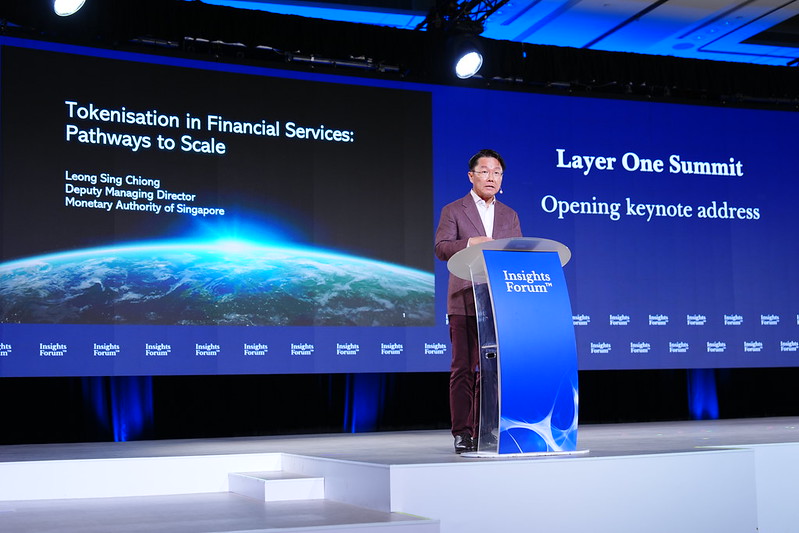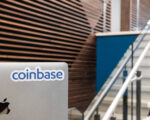
The Monetary Authority of Singapore (MAS) is embarking on an ambitious plan to accelerate tokenisation across financial services. The initiative aims to establish commercial networks to enhance liquidity for tokenised assets, build a robust ecosystem of supporting market infrastructures, and promote industry-wide standards for implementing tokenised assets. MAS also seeks to facilitate a shared settlement facility to streamline transactions within this emerging asset class.
Under its Project Guardian which was first introduced in 2022, MAS has brought together over 40 financial institutions, industry associations, and international policymakers from seven jurisdictions to explore the potential of asset tokenisation in capital markets. So far, more than 15 industry trials have been conducted, spanning six currencies and a diverse range of financial products—marking a significant step toward transforming the financial landscape through tokenisation.
As Project Guardian participants begin commercialising their products and services after successful trials, MAS is guiding this process with a coordinated, network-based approach.
By interlinking a wider range of products and services across multiple currencies and asset types, the initiative aims to enhance capital raising, secondary trading, asset servicing, and settlement for tokenised assets.
This approach aims to deepen liquidity in both primary and secondary markets for tokenised transactions. Citi, HSBC, Schroders, Standard Chartered, and UOB have come together to form the Guardian Wholesale Network, a collaborative group dedicated to building a multi-member network to scale and commercialise their asset tokenisation trials.
In 2023, MAS introduced the Global Layer One (GL1) initiative to drive the creation of foundational digital infrastructure for scalable commercial networks. Since its launch, a core group of leading global banks—BNY Mellon, Citi, J.P. Morgan, MUFG, and Societe Generale-FORGE—has spearheaded efforts to establish the business, governance, risk, legal, and technology standards essential for the GL1 Platform’s success.
The GL1 initiative is now working to establish an ecosystem of compatible market infrastructures that will enable seamless cross-border trading of tokenised assets.
This expanded scope includes aligning governance and risk management controls for cross-border transactions to safeguard market integrity, developing specifications to promote interoperability across market systems, and creating templates with built-in compliance checks to streamline onboarding for new participants and foster a connected ecosystem of service providers.
In a move to bolster these developments, MAS has welcomed new industry participants, including Euroclear and HSBC, to the GL1 initiative. Additionally, GL1 will establish a dedicated working group of global financial market infrastructure providers, tasked with advancing control principles for digital asset securities.
“MAS has seen strong interest in asset tokenisation in recent years, notably in fixed income, FX, and asset management. We are encouraged by the keen participation from financial institutions and fellow policymakers to co-create industry standards and risk management frameworks to facilitate commercial deployment of tokenised capital markets products, and scale tokenised markets on an industry wide basis,” said Leong Sing Chiong, deputy managing director for markets and development of MAS.
Industry frameworks for implementing tokenisation
To facilitate broad based acceptance and implementation of tokenised assets by financial institutions, two industry frameworks developed by Project Guardian industry group members were introduced:
Guardian Fixed Income Framework (GFIF) – GFIF integrates the International Capital Market Association’s bond data taxonomy, Capital Markets and Technology Association’s token standards, and the Global Financial Markets Association’s design principles for tokenised securities. This provides an industry guide to implementing tokenisation in debt capital markets, strengthen industry capabilities and catalyse adoption of tokenised fixed income solutions.
Guardian Funds Framework (GFF) – GFF provides a set of recommendations for industry best practices for tokenised funds. This includes the Guardian Composable Token Taxonomy to facilitate development of tokenised investment vehicles comprising multiple assets, simplifying the process of incorporating new tokenised funds, and help achieve efficiencies in fund settlement.
Access to common settlement facility for tokenised assets
Common settlement assets are instruments which are mutually agreed upon by transacting parties to execute financial transactions.
To promote confidence in the settlement of tokenised assets in financial markets, regulated and credible forms of tokenised money are needed as common settlement assets, thereby reducing settlement risk and market fragmentation.
MAS is facilitating financial institutions’ access to common settlement assets including the Singapore dollar wholesale central bank digital currency (CBDC) for market testing purposes. The initial test network called SGD Testnet will offer three key features:
Settlement facility – Issuance, transfer and redemption of Singapore dollar wholesale CBDC, with potential extensions to other forms of central bank and commercial bank liabilities.
Programmability – Automated and conditional triggers for tokenised transactions, including the use of purpose-bound money or PBM.
Interoperability – Facilitate linkages with existing financial market infrastructures.
The SGD Testnet will be made available to eligible financial institutions in Project Guardian and Project Orchid, and enable them to settle transactions with Singapore dollar wholesale CBDC. The first set of participating financial institutions includes DBS, OCBC, Standard Chartered and UOB. Participating use cases include payments and securities settlement.















